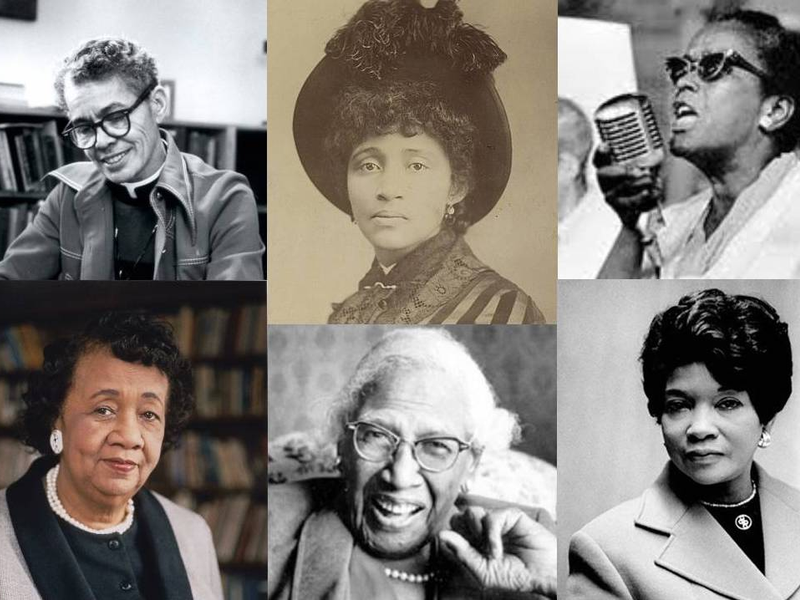Labor Day, celebrated on the first Monday of September every year, is an opportunity to look at how far labor rights in America have come, thanks to the work of activists, unionists, and people who just couldn’t keep quiet about injustice in the workplace. Behind the pages of labor history, we sometimes forget the indomitable spirit of Black women who played a vital but often overlooked role in the struggle for labor rights in the United States. These women stood at the forefront of the battle for workers’ rights, making the U.S. a safer, more equitable place to have a job.
Their resilience, leadership, and dedication have been instrumental in achieving better working conditions, fair wages, and labor rights for all. As we mark this year’s Labor Day, we highlight some notable Black women leaders who fought for social justice in the workplace and made significant contributions to the fight for labor rights. Their stories are a testament to resilience, strength, and the unbreakable spirit of Black women in the face of adversity.
Pauli Murray (1910 – 1985)

Image: Pauli Murray. Source: Wikimedia Commons
Pauli Murray was a lawyer, civil rights activist, and the first African-American woman to be ordained as an Episcopal priest. She joined the civil rights movement as a teenager, advocating for desegregation and equal access to educational opportunities. Pauli Murray co-founded the National Organization for Women (NOW) in 1966 which aimed to address gender discrimination in various aspects of life, including the workplace, and advocated for equal rights for women. Her legal activism led her to become the first African-American woman to graduate from Yale Law School in 1965. Her legal work included challenging discriminatory employment practices and advocating for fair labor standards. Future generations of activists and legal scholars have been inspired by the legacy she left behind. Her activism also helped pave the way for greater equality and justice in the workplace and beyond.
Lucy Parsons (1853 – 1942)
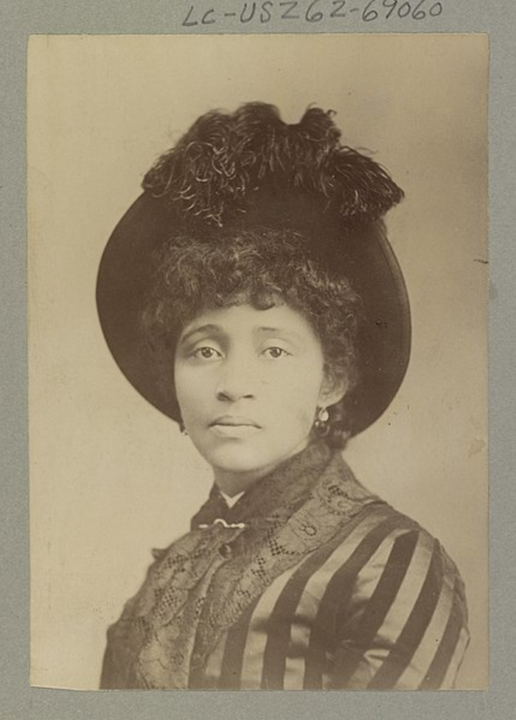
Image: Lucy Parsons. Source: Wikimedia Commons
A labor activist, anarchist, and socialist, her life was marked by a steadfast commitment to workers’ rights, social justice, and radical labor organizing. Lucy Parson’s activism began in the late 19th century when she became involved in the labor movement in Chicago. She and her husband Albert Parsons co-founded the Industrial Workers of the World (IWW) in 1883, a radical labor union known for its militant and inclusive approach. She wrote many articles about the necessity of striking and direct action and traveled the world advocating workers’ rights. She’s most known today for her involvement in the Haymarket Affair in 1886 in Chicago, a strike that turned violent when a bomb was thrown but served as the groundwork for the observance of International Workers’ Day on May 1. An advocate for racial equality within the labor movement, Lucy Parsons challenged the discrimination faced by Black workers. She was also a strong advocate for the eight-hour workday, which was a central demand of the labor movement in the late 19th century. She believed that shorter working hours would improve the lives of laborers and reduce their exploitation. Lucy challenged the status quo as she fought for a more just and equitable society. Her struggles and contributions to the labor rights movement were characterized by her radicalism, her dedication to workers’ rights, and her fearless advocacy for social justice. Her legacy continues to inspire labor activists and advocates for workers’ rights today.
Ella Baker (1903 – 1986)
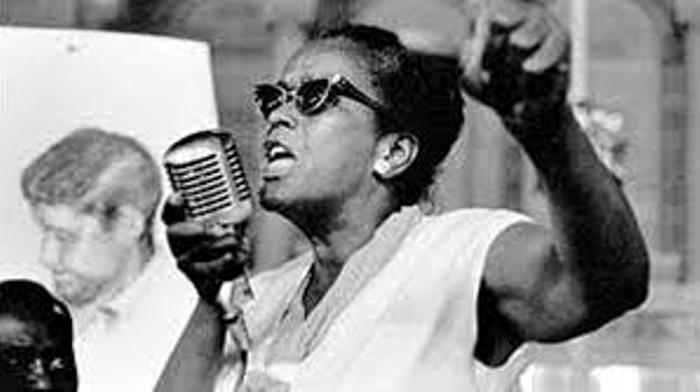
Image: Ella Baker. Source: Wikimedia Commons
She was a tireless civil rights and human rights activist who participated in investigations of unfair labor practices. Her journey as an activist began during her college years. In 1941, Baker started a job as a field secretary for the National Association for the Advancement of Colored People (NAACP). She traveled throughout the Deep South, recruiting members, raising money, and spreading awareness about the importance of civil rights. The work was dangerous for a young, Black woman, but despite the challenges, she excelled and built a massive network for the NAACP. Baker played an important role in establishing organizations like the Southern Christian Leadership Conference (SCLC) and the Student Nonviolent Coordinating Committee (SNCC). She worked closely with local activists and helped develop leadership skills among young people, a principle that later influenced the SNCC. This organization became a significant force in the civil rights movement. Baker helped mentor and empower young activists like Diane Nash and Rosa Parks. She believed that women were the unappreciated and unrecognized backbone of the movement. She also believed in grassroots organizing and her ideas put her at odds with many members of SCLC. Baker continued to be a respected and influential leader in the fight for human and civil rights until her death on her 83rd birthday.
Dorothy Height (1912 – 2010)
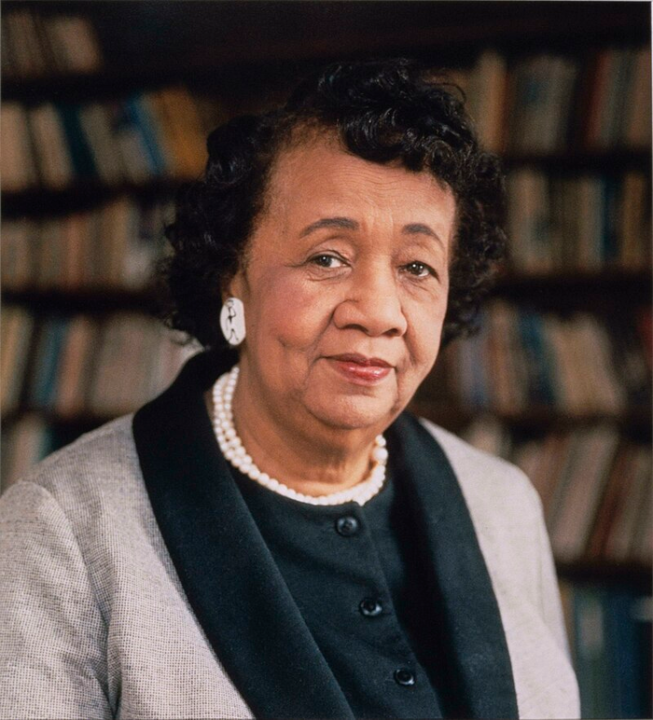
Image: Dorothy Height. Source: Wikimedia Commons
She was a prominent civil rights and women’s rights activist who made significant contributions to the labor rights movement in the United States, advocating for both racial and gender equality. Although she is often associated with civil rights, her work also extends to labor rights and economic justice. Dorothy Height served as the president of the National Council of Negro Women (NCNW) from 1957 to 1997 and worked to address issues such as equal pay and better working conditions for Black women. Under her leadership, the NCNW became a significant force advocating for both civil rights and labor rights. She co-founded the National Women’s Political Caucus and fought tirelessly for gender and racial equality in the workplace. She played a role in the civil rights movement’s push for the Civil Rights Act of 1964. She was also a vocal advocate for equal pay for equal work. Dorothy encouraged African-American women to participate in labor unions and to become leaders in labor movements. Her contributions left a lasting impact on the labor rights movement and the broader struggle for social justice in the United States.
Rosina Tucker (1881 – 1987)
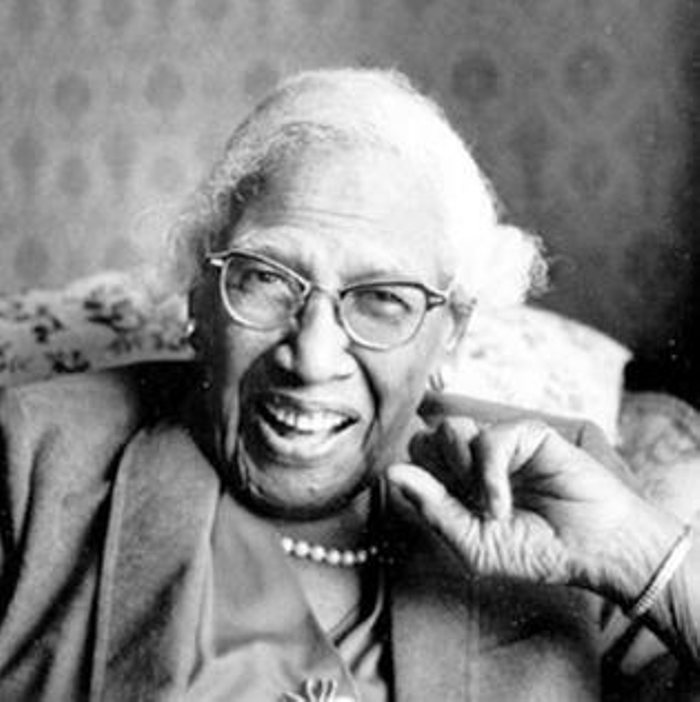
Image: Rosina Tucker. Source: Wikimedia Commons
She was an influential labor activist and community organizer, who made significant contributions to the labor rights movement during the early 20th century. She was a key figure in the founding of the first African-American workers’ union, the Brotherhood of Sleeping Car Porters. She was a prominent labor organizer and a vital member of the Civil Rights Movement, helping the activist A. Phillip Randolph organize the 1963 March on Washington.
Rosina Tucker played an instrumental role in mobilizing African-American workers and advocating for their rights. Her contributions to the labor rights movement in the South helped pave the way for improved conditions and increased awareness of the struggles faced by agricultural laborers. Her legacy continues to inspire labor activists and advocates for workers’ rights.
Addie Wyatt (1924-2012)
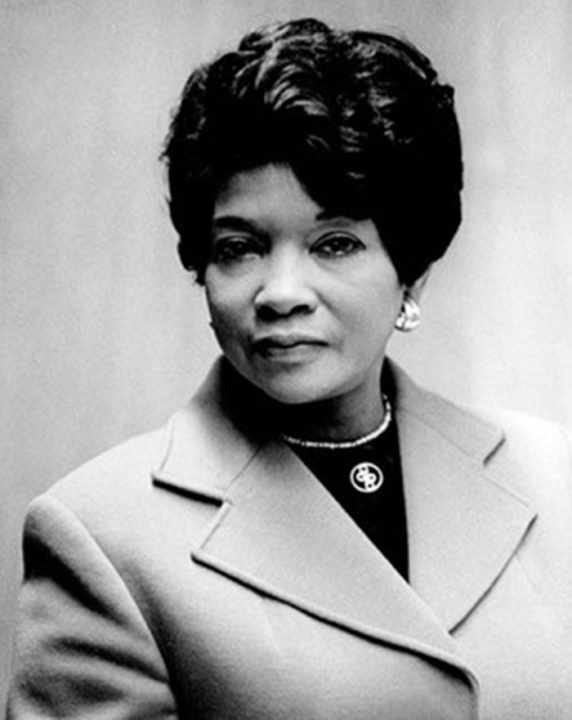
Image: Addie Wyatt. Source: Working Women’s History Project
This labor leader and civil rights activist started her activism when she joined the United Packinghouse Workers of America (UPWA) in the 1940s.
She was a trailblazer for women in the labor movement. She was one of the few women in leadership positions within labor unions. Wyatt worked to break down gender barriers in the workplace, advocating for the rights of women, workers of color, and low-wage workers, and also contributing to labor and social justice movements. She was one of the co-founders of the Coalition of Labor Union Women (CLUW), an organization dedicated to advocating for the rights and concerns of women in the labor movement. CLUW has been instrumental in addressing gender-based discrimination and advocating for equal pay and opportunities for women workers.
She actively participated in the civil rights movement, supporting Dr. Martin Luther King Jr.’s work for racial equality.
Addie Wyatt’s contributions to the labor movement, particularly in addressing the unique challenges faced by women and people of color, have had a lasting impact. Her work has left an indelible mark on the labor movement in the United States.
These remarkable Black women, among many others, have left an indelible mark on the labor rights movement in the United States. On this Labor Day, we salute their dedication and commitment to justice, which have paved the way for progress in the fight for better working conditions, fair wages, and equal rights for all workers, regardless of their race or gender.

